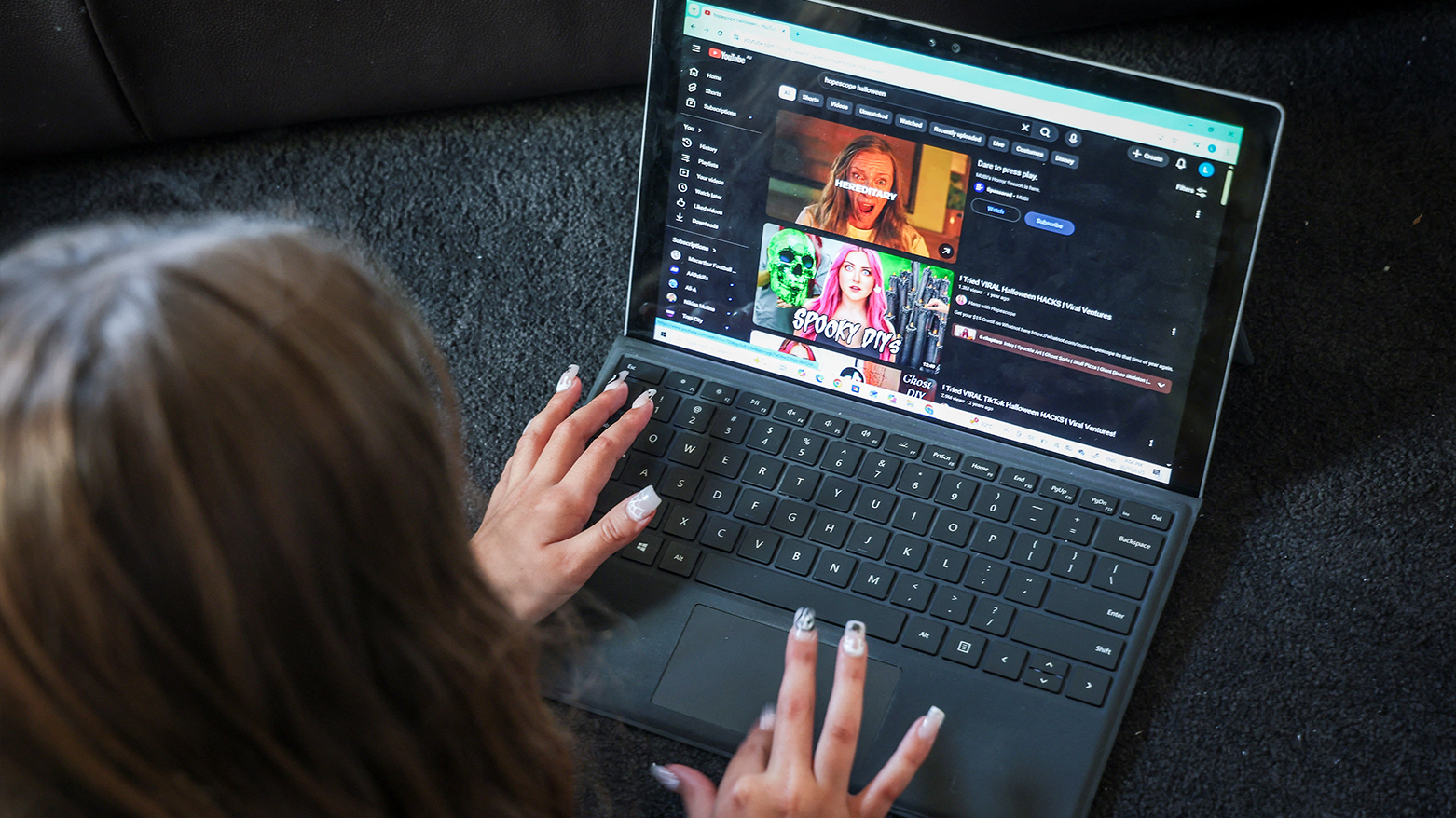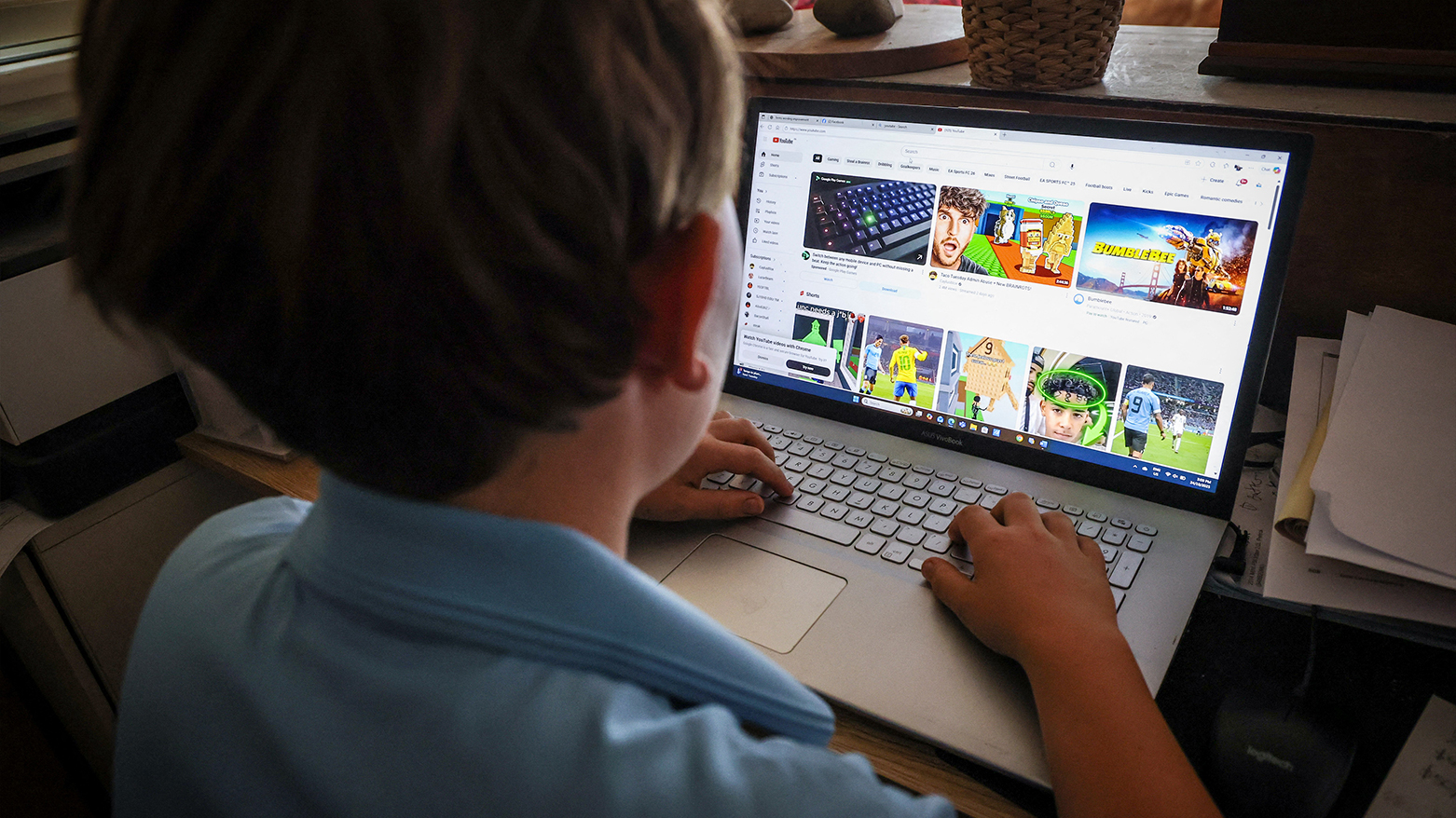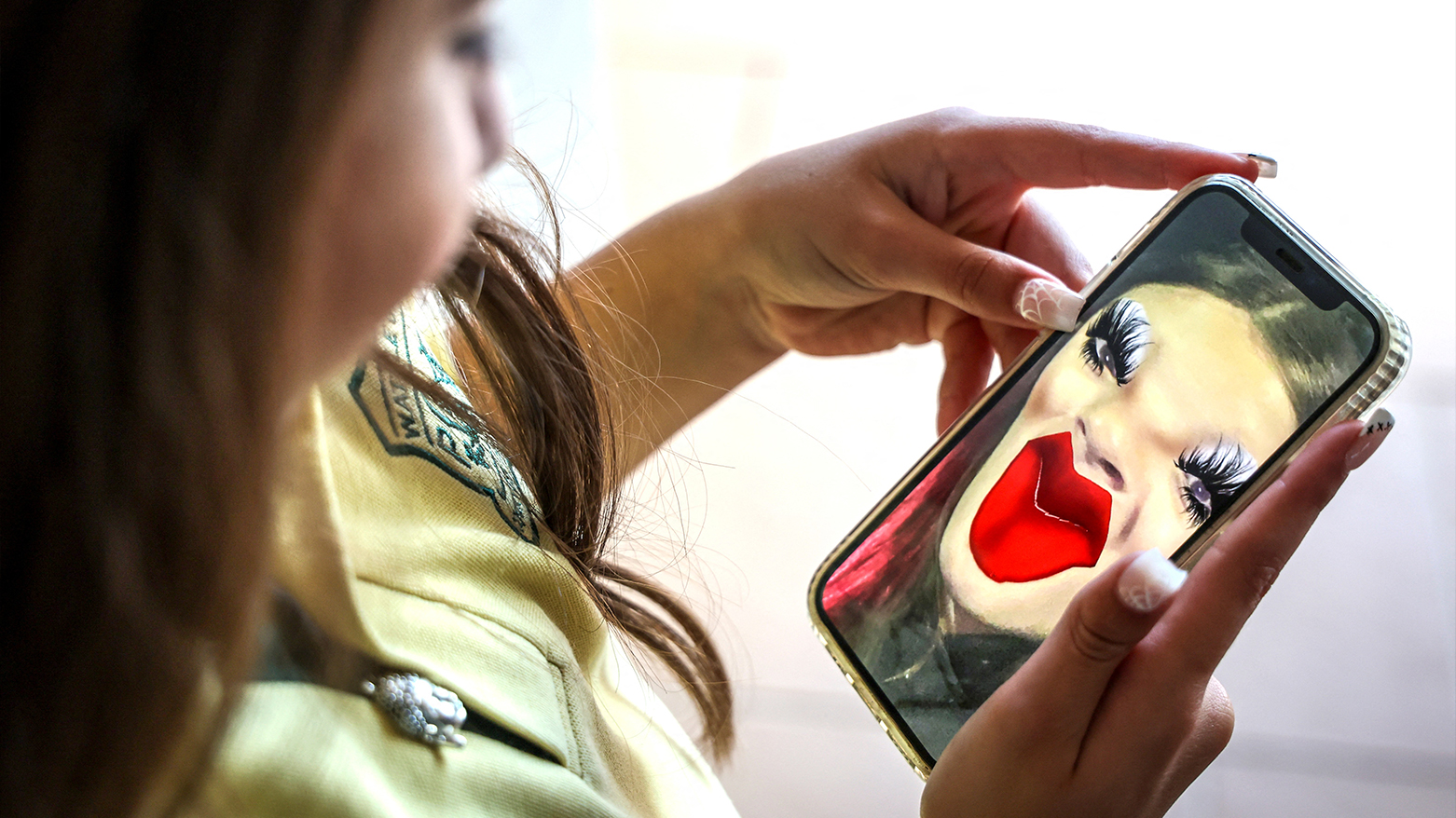Australia to Enforce Mandatory Age Checks on Snapchat as Under-16 Social Media Ban Nears
Snapchat starts age checks in Australia ahead of a strict Dec 10 ban on under-16s, complying with the law despite warning it may push teens to unsafe apps.

ERBIL (Kurdistan24) – As the deadline approaches for one of the world's most aggressive legislative crackdowns on youth internet usage, Snapchat has officially begun asking teenage users in Australia to verify their ages. The move, confirmed by a company spokesperson on Monday and reported by Agence France-Presse (AFP), comes just weeks before the Australian government in Canberra is set to enforce sweeping new laws designed to ban individuals under the age of 16 from accessing major social media platforms.
Starting this week, many users across the country will be prompted to undergo a verification process to continue accessing the popular messaging service.
This administrative hurdle is a direct precursor to the legislation taking effect on December 10, at which point Australia will mandate that social media giants—specifically including Facebook, Instagram, and TikTok alongside Snapchat—remove all users under the age of 16. Platforms that fail to adhere to these strict new standards face the prospect of hefty fines from Australian regulators.
According to the details provided in the AFP report, the verification process introduces significant friction to the user experience in an effort to ensure compliance. Users will be able to prove their age through a few specific methods.
They can verify their identity using an Australian bank account or by submitting government-issued identification. Alternatively, users may opt to take a photo of their face, which will then be analyzed by a third party using technology designed to provide an estimated age range.

The consequences for failing to meet the age requirement are absolute; from December 10, users confirmed to be under 16 will have their accounts locked.
In anticipation of the crackdown, Snapchat, aligning with advice from other affected social media platforms, has urged its teenage user base to download their data as soon as possible. The company warned that retrieving photos, messages, and memories may become a tricky and complicated endeavor once the ban is officially active and accounts are restricted.
While Snapchat has committed to following the new rules, the company has expressed significant dissatisfaction with the policy. A spokesperson for the messaging app stated that while they strongly disagreed with being included in the government's ban, the company would comply, just as it does with all local laws in the various countries where it operates.
However, the platform issued a warning regarding the potential social and safety implications of the legislation.
Snapchat argued that disconnecting teenagers from their friends and family does not necessarily make them safer. Instead, the company cautioned that the ban might have the unintended consequence of pushing young people toward less safe and less private messaging apps that may not be subject to the same level of scrutiny or regulation.
The legislation does not apply to every corner of the internet. Thus far, ten platforms have managed to avoid inclusion in this landmark legislation. Notable exemptions include Discord, WhatsApp, Lego Play, and Pinterest.

However, the regulatory landscape remains fluid, as Australian authorities have reserved the right to update the list of banned platforms as required, ensuring that the government can adapt its enforcement strategies as the digital environment evolves.
There is keen international interest in whether Australia's sweeping restrictions can be successfully implemented, as regulators around the globe wrestle with the complex challenge of mitigating the dangers of social media for minors.
The AFP report highlights that the ripple effects of this policy are already visible elsewhere. New Zealand's Prime Minister, Christopher Luxon, is set to introduce a similar bill to restrict children's social media use. Furthermore, the Dutch government took steps earlier this year to advise parents to forbid children under 15 from using social media apps such as TikTok and Snapchat.
On paper, the Australian ban stands as one of the strictest internet regulations in the world. However, the practical application of the law faces skepticism.
Some experts cited by AFP are concerned that the law will ultimately prove to be merely symbolic. These concerns stem from the inherent difficulties in implementing and policing online age verification technologies effectively on a national scale.
